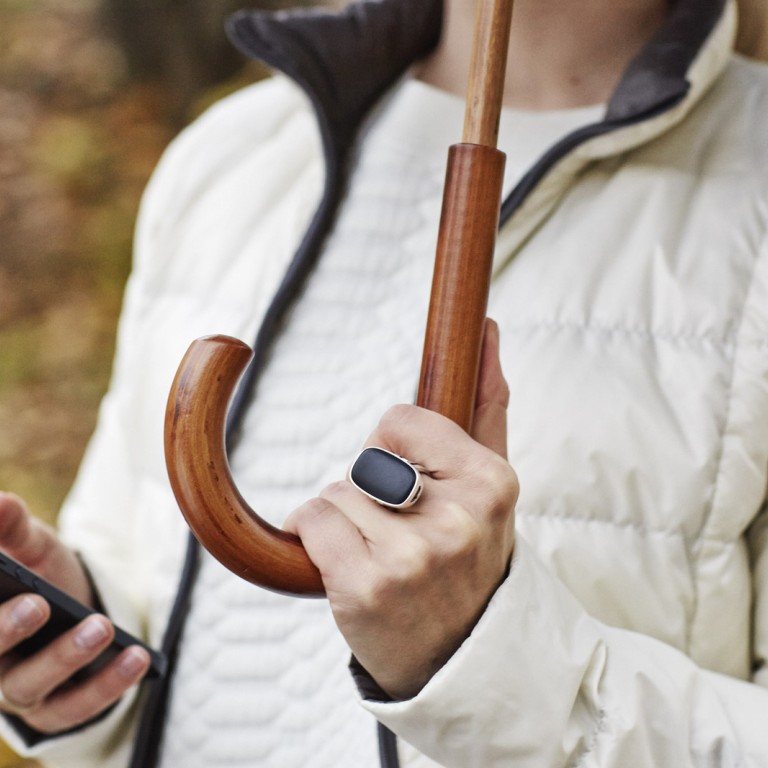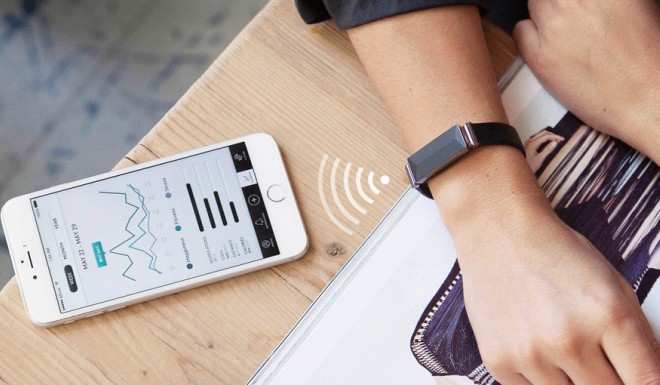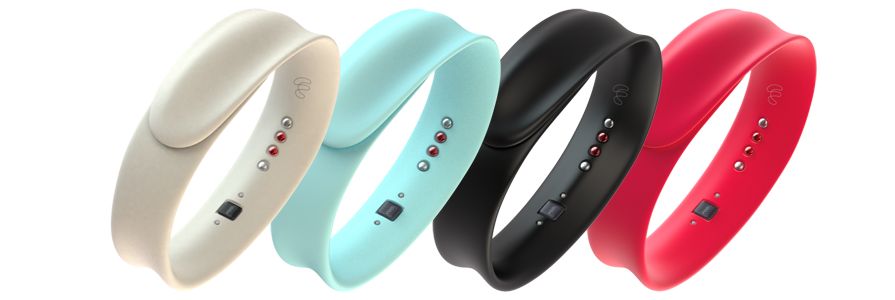
Next generation wearables comes to emotional rescue of fragile humans
Through its ability to “read” moods – by recognising changes in our voice or speaking tone, noting if we sweat or our heart is pounding – technology can prompt us to act
Do you sometimes feel down in the dumps for no apparent reason? Become stressed without an obvious trigger, or suddenly have the urge to call your mum?
If you think as mere mortals we already have a difficult time trying to figure the nuances of the brain, gird your loins for the mind games the next generation of wearables seem intent on playing on us. Enter Zenta, a device for “stress and emotion management”, worn on the wrist.
Vinaya, a London-based start-up, is behind the next-generation fitness band which it bills as “the most advanced personalised coach for body and mind”.

Similar to a regular fitness band, the device tracks physical metrics such as activity, heart rate and sleep. Taking in data from Zenta’s biometric sensors as well as third-party smartphone apps, it’s designed to create a personalised emotional profile – the aim being to help you enjoy life in a more balanced way.
If, for instance, the device picks up that your sleeping patterns are not up to scratch, it will suggest calming exercises, such as yoga or meditation. If it deduces that certain meetings or relationships are causing stress in your life, it will offer “insights to put you back in control”. Its guided breathing exercises are supposed to promote mindfulness and, by correlating stress levels with daily tasks, it ostensibly enables the wearer to “optimise their schedules based on overall mood”. That’s the theory, anyway.
One handy feature – which is ironic given the nature of the device – is the ability to control the wearer’s digital distractions. By filtering important notifications, say its developers, the Zenta “liberates [the wearer] to be present with friends and family and focus on real life”.
The dudes behind US-based start-up Sentio Solutions invite us to “hack happiness” with their new wearable, Feel.

Feel consists of three parts: the wristband, the emotion recognition algorithms and the mobile application, the team led by co-founders George Eleftheriou and Haris Tsirmpas explains. Four integrated sensors on the wristband measure and track bio-signals from users throughout the day, while the proprietary algorithms in the background classify these biosignals into emotions.
“At the same time, the mobile application not only visualises the emotional data of the users it also provides actionable personalised recommendations based on advanced psychological techniques to help users achieve wellbeing,” according to the pitch. The emotional consumer data collected can be used “in a variety of industries”, they say, such as internet services, health care, entertainment and retail “to extract insights about consumer behaviour”, and “personalise experiences” based on the mood of the user and their health and wellness.
At a TEDx talk in April, when espousing his theories on how to feel chipper all the time, Eleftheriou argued that it is technology, rather than money nor success which “buys happiness”. His own search for the answer to “one of life’s never-ending questions” led the big data and analytics specialist to that conclusion. Be happy, he asserted, and you will live longer (through better health prospects, and less disease); earn a pay rise (since happiness fuels success) and enjoy improved relationships.
Through its ability to “read” moods, by recognising changes in our voice or speaking tone, noting if we sweat or our heart is pounding, and analysis of facial and body gestures, technology can prompt us to take positive counter-action, Eleftheriou explained. “Especially with the growth of wearable technologies,” he said, “this is a technique that is evolving very fast.”

For anyone old enough to remember the mood ring – a fashion accessory of the 1970s which didn’t actually do anything other than change colour – Moodmetric, a small, finger-worn wearable which “promotes happiness”, might be more your style. The smartphone app connected to this hi-tech ring “gives you instant feedback on your mood, emotion levels and peaks throughout the day”. Presumably, for those who can’t already figure out how they’re feeling at any time.
